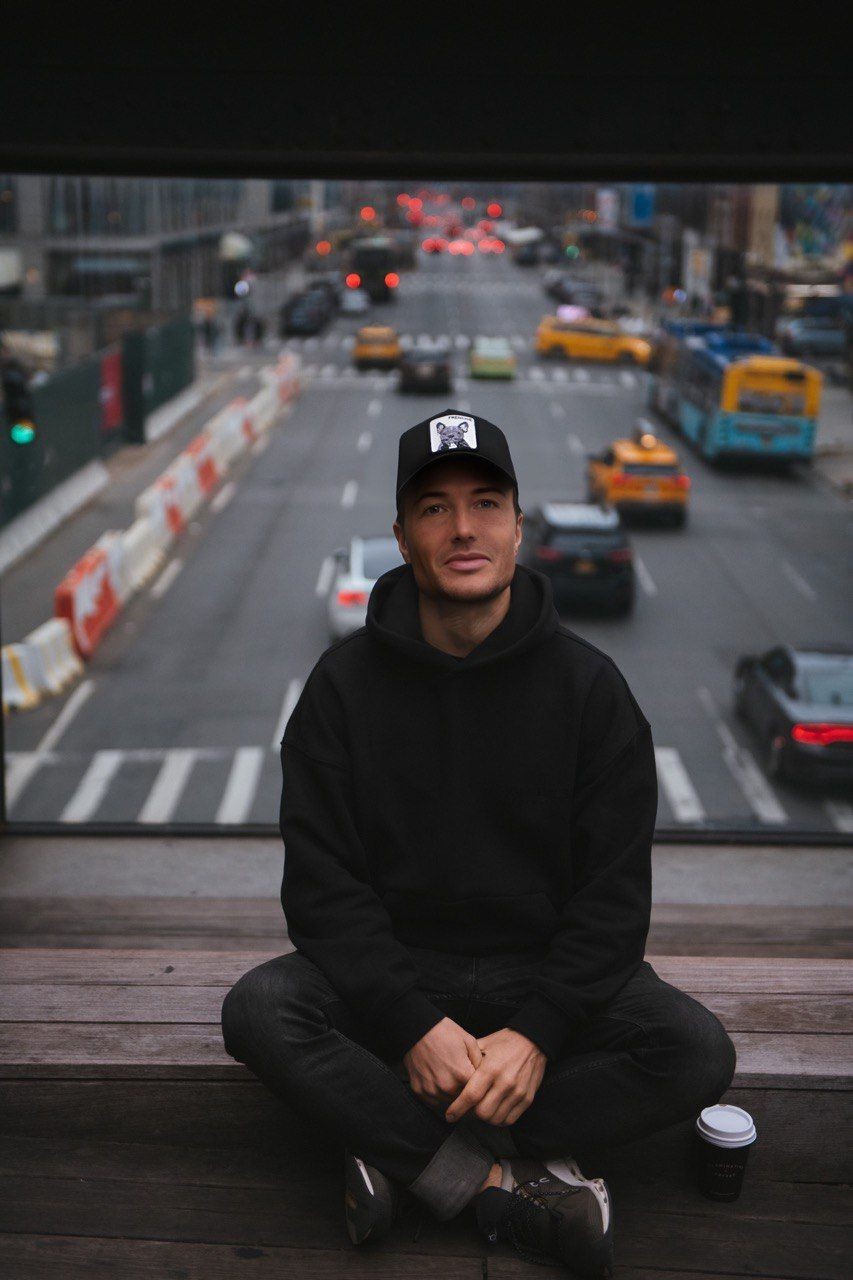
To understand what the specialty coffee industry is doing to become carbon neutral, we turned to an advanced specialty coffee market expert involved in this issue, - Alexey Nagibin.
First, the problem of carbon-neutral issues is a part of the Sustainability philosophy. The CO2 footprint is only a part of this program that is based on three whales: People, Planet, and Profit. When we take all their whales, we can understand the fundamental problem of this issue and find a reliable solution. Regarding carbon neutrality, specialty coffee plans to become an example for the world and become the first industry to achieve carbon neutrality. To do this, we make efforts in different directions.
Farmers level
Specialty coffee grows in exceptional geo-climatic altitudes with unique flora and fauna. In the cultivation and preservation of coffee, man begins to explore new places, but, as we know, the Earth is a limited resource.
Today, it is essential for farmers not just to expand plantations but to do it following the principles of sustainable development - to preserve forests and plant coffee trees in the wild, not to interfere with the migration routes of animals, to fit into flora and fauna, while protecting the virginity of the eco-heart.
This increases the cost of reproduction of such coffee at all stages, especially at the scene of processing and harvesting. Alliances (like Rainforest Alliance) support farmers if they follow these principles, then their coffee crops will be bought at a higher price.
This makes it possible to obtain a reasonable profit for regular activities and exclude child labor exploitation. In addition, such coffee is certified with the Rainforest Alliance sign (a label with a green frog) on sacks and packages. You can also be sure that you support such ecological initiatives. Generally, supporting farmers for their remarkable work and crop reproduction with conservation and respect for the environment is essential.
Processing level
Once the coffee has been harvested, it needs to be processed, and this often requires much water, which, after use, ends up back in nature and often without any treatment. Therefore, coffee companies support wastewater treatment systems and circular economy technologies - water reuse, including fertilizing a new crop.
Education level
The coffee industry supports education for farmers - computers are bought for farmers in schools and children's literacy level is increasing so that they understand the foundations of their existence on Earth and the significance of their work and trade and realize principles in practice.
Certifications and standards level
Specialty coffee is still an affordable luxury; Specialty coffee - is certified, and this product is very limited in crops and reproduced with the principles of sustainable development. As the demand for such coffee grows, many farmers are trying to convert their plantations to get Specialty quality status. For this, they have to meet strict quality standards; thereby, the industry encourages more farms to implement the principles of sustainable development, which translates many into the category of carbon-neutral companies.
Certification is important in achieving carbon-neutral goals!
Coffee shops level
The second big step is the level of coffee houses. It is crucial to develop a culture of specialty coffee among consumers; with the understanding of the tastes of the product comes the realization of its more significant value for health and hedonism.
The more the consumer understands the quality, the more he enjoys the drink, and the more they are ready to pay for a cup of coffee, preferring specialty and helping the industry to implement the principles of carbon neutrality.
Today we have seen the growing popularity of coffee festivals, where there are many events for consumers to develop the taste experience and get to know the product.
Local baristas are popularizing alternative brewing methods by telling consumers and helping to sort out tastes, causing more and more.
Alexey says that the industry pays attention to farmers and agriculture and conscious consumption, in which everyone can participate today!
Many coffee shops participate in personal mug promotion programs, offering discounts to consumers who came with a personal tumbler. All this, taken together, is also part of implementing a sizeable sustainable development program, helping to reduce the carbon footprint.
Engaged consumers care and support such initiatives by paying a higher price for coffee with outstanding flavors, buying reusable tumblers, and actively using them.
Also, more and more coffee shops are buying recyclable or biodegradable disposable tableware, including bags. This is a small contribution but a big part of Eco PR, a growing trend and part of the popularization of the philosophy of sustainability.
Moreover, more and more coffee houses working in the "to go" format are introducing porcelain cups and offering guests staying in a coffee shop to try coffee from a ceramic mug. This is more environmentally friendly, more aesthetic, and positively affects the drink's taste.
Increasingly, we are seeing the use of biodegradable straws for drinks or their complete abandonment. So it's an essential thing in our life.
The specialty coffee community is one positive example. Already today, many farms are using advanced agricultural technologies that significantly reduce environmental impact and provide environmental support, tree conservation, as well as decent working conditions for people and promote the development of classrooms in remote areas, allowing for increased profit from the sale of high-quality certified coffee, grown with the preservation of trees, processed with repeated use and water purification.

The Specialty coffee community is an excellent example of intelligent consumption and sustainable development. Thanks to these efforts and their promotion, the specialty coffee industry should become the world's first carbon-neutral as early as 2030, becoming an example for everyone else!
Instagram @nagibinalexey
LinkedIn Alexey Nagibin
Facebook Alexey Nagibi
© 2026 ScienceTimes.com All rights reserved. Do not reproduce without permission. The window to the world of Science Times.












